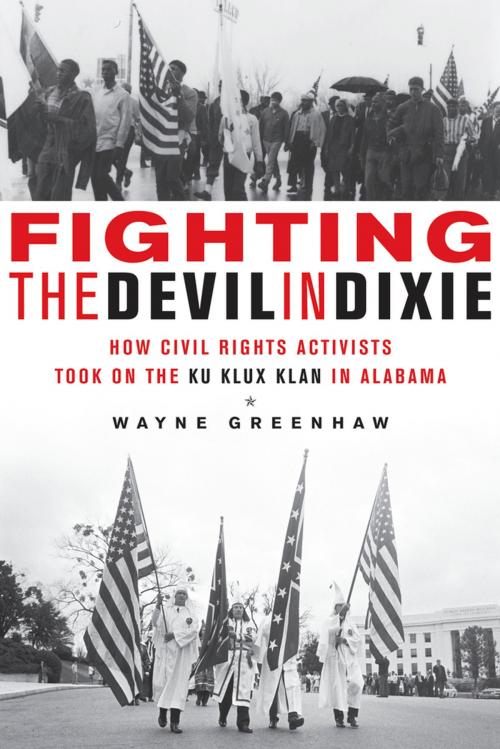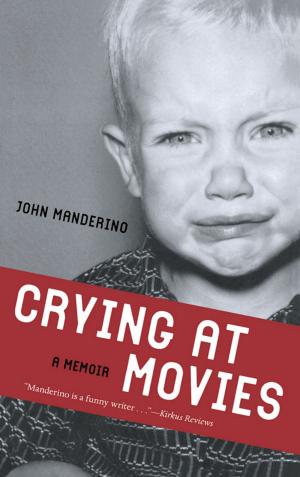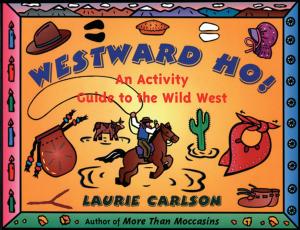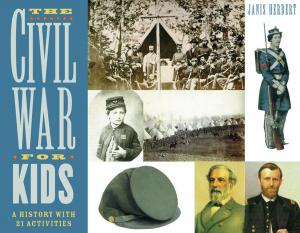Fighting the Devil in Dixie
How Civil Rights Activists Took on the Ku Klux Klan in Alabama
Nonfiction, Social & Cultural Studies, Social Science, Cultural Studies, African-American Studies, History, Americas, United States, 20th Century| Author: | Wayne Greenhaw | ISBN: | 9781569768259 |
| Publisher: | Chicago Review Press | Publication: | January 1, 2011 |
| Imprint: | Chicago Review Press | Language: | English |
| Author: | Wayne Greenhaw |
| ISBN: | 9781569768259 |
| Publisher: | Chicago Review Press |
| Publication: | January 1, 2011 |
| Imprint: | Chicago Review Press |
| Language: | English |
Examining the growth of the Ku Klux Klan (KKK) following the birth of the civil rights movement, this book is filled with tales of the heroic efforts to halt their rise to power. Shortly after the success of the Montgomery bus boycott, the KKK-determined to keep segregation as the way of life in Alabama-staged a resurgence, and the strong-armed leadership of Governor George C. Wallace, who defied the new civil rights laws, empowered the Klan’s most violent members. Although Wallace’s power grew, not everyone accepted his unjust policies, and blacks such as Martin Luther King Jr., J. L. Chestnut, and Bernard LaFayette began fighting back in the courthouses and schoolhouses, as did young southern lawyers such as Charles Chuck” Morgan, who became the ACLU’s southern director; Morris Dees, who cofounded the Southern Poverty Law Center; and Bill Baxley, Alabama attorney general, who successfully prosecuted the bomber of Birmingham’s 16th Street Baptist Church and legally halted some of Governor Wallace’s agencies designed to slow down integration. Dozens of exciting, extremely well-told stories demonstrate how blacks defied violence and whites defied public ostracism and indifference in the face of kidnappings, bombings, and murders.
Examining the growth of the Ku Klux Klan (KKK) following the birth of the civil rights movement, this book is filled with tales of the heroic efforts to halt their rise to power. Shortly after the success of the Montgomery bus boycott, the KKK-determined to keep segregation as the way of life in Alabama-staged a resurgence, and the strong-armed leadership of Governor George C. Wallace, who defied the new civil rights laws, empowered the Klan’s most violent members. Although Wallace’s power grew, not everyone accepted his unjust policies, and blacks such as Martin Luther King Jr., J. L. Chestnut, and Bernard LaFayette began fighting back in the courthouses and schoolhouses, as did young southern lawyers such as Charles Chuck” Morgan, who became the ACLU’s southern director; Morris Dees, who cofounded the Southern Poverty Law Center; and Bill Baxley, Alabama attorney general, who successfully prosecuted the bomber of Birmingham’s 16th Street Baptist Church and legally halted some of Governor Wallace’s agencies designed to slow down integration. Dozens of exciting, extremely well-told stories demonstrate how blacks defied violence and whites defied public ostracism and indifference in the face of kidnappings, bombings, and murders.















